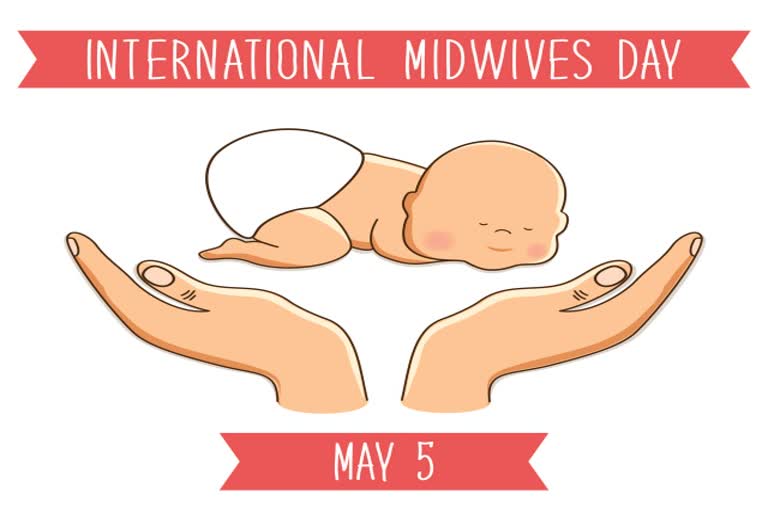Each year on 5th May, International Day of the Midwife is observed. The day was celebrated for the time on 5th May 1991, with the theme “Towards safe birth for all by the year 2000”. This year, the theme is- ‘Follow the Data: Invest in Midwives’. Its official website states, “We look forward to coming together as a global midwife community to advocate for investment in quality midwifery care around the world, improving sexual, reproductive, maternal, newborn, child, and adolescent health in the process”. Midwives play an important role in the lives of mothers and children and they dedicate their lives to caring for their health. Let us learn more about who a midwife is and what is their role in society.
Who Is A Midwife?
The International Confederation of Midwives (ICM) defines a midwife as, “A midwife is a person who has successfully completed a midwifery education programme that is based on the ICM Essential Competencies for Midwifery Practice and the framework of the ICM Global Standards for Midwifery Education and is recognized in the country where it is located; who has acquired the requisite qualifications to be registered and/or legally licensed to practice midwifery and use the title ‘midwife’; and who demonstrates competency in the practice of midwifery.
The midwife is recognized as a responsible and accountable professional who works in partnership with women to give the necessary support, care, and advice during pregnancy, labor, and the postpartum period, to conduct births on the midwife’s own responsibility, and to provide care for the newborn and the infant. This care includes preventative measures, the promotion of normal birth, the detection of complications in mother and child, the accessing of medical care or other appropriate assistance and the carrying out of emergency measures”.
Statistics
Midwifery has been practiced for centuries around the world. According to the World Health Organisation (WHO) stats, 83% of all maternal deaths, stillbirths, and newborn deaths could be averted with midwifery care (including family planning), and 87%
of services can be provided by midwives, when educated to international standards. In India, each year 35,000 women die during pregnancy, childbirth, and postnatal period; there are 2,72,000 stillbirths, and 5,62,000 babies die during the first month of their life. Midwifery care has the potential to prevent many of these deaths.
Also read: A Healthy Pregnancy With Ayurveda
Midwives and COVID-19
Due to the COVID-19 outbreak around the world, almost all the doctors and nurses have been working on the frontline, while other healthcare workers are caring for patients who aren’t infected. In the last one year, there have also been many births and pregnancies, but mothers have been scared of hospital visits, fearing the contraction of the virus. According to the Flemish Professional Organization of Midwives (VLOV) reports, more pregnant women are preferring to give birth at home. Here is where midwives are playing an important role, during the pandemic. Along with physical assistance, midwives also provide emotional and mental support to pregnant as well as women who have recently delivered, which is very important during these tough times.



